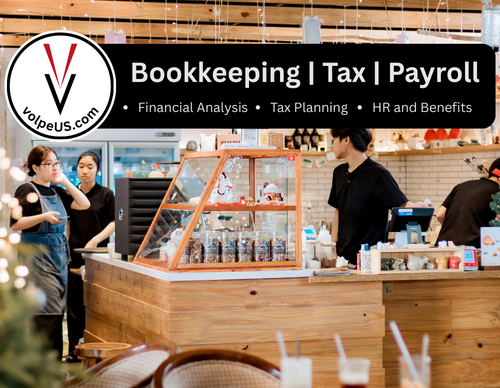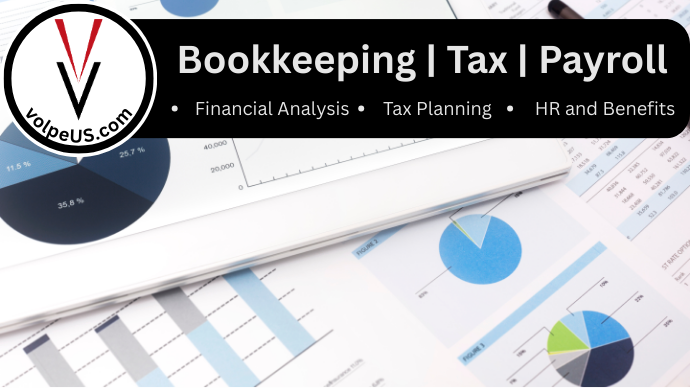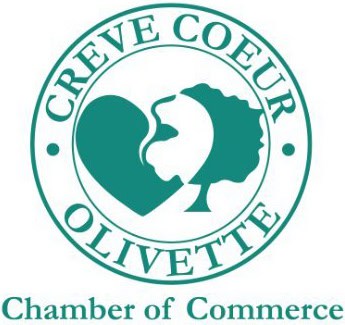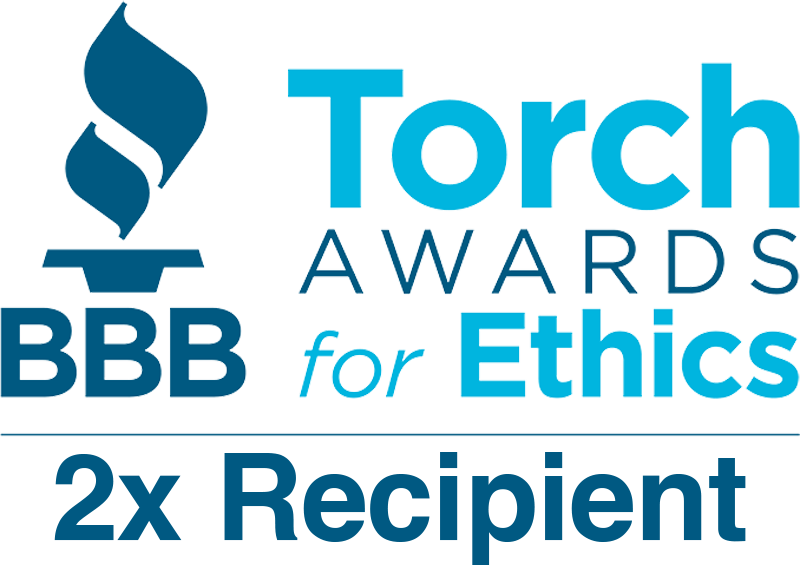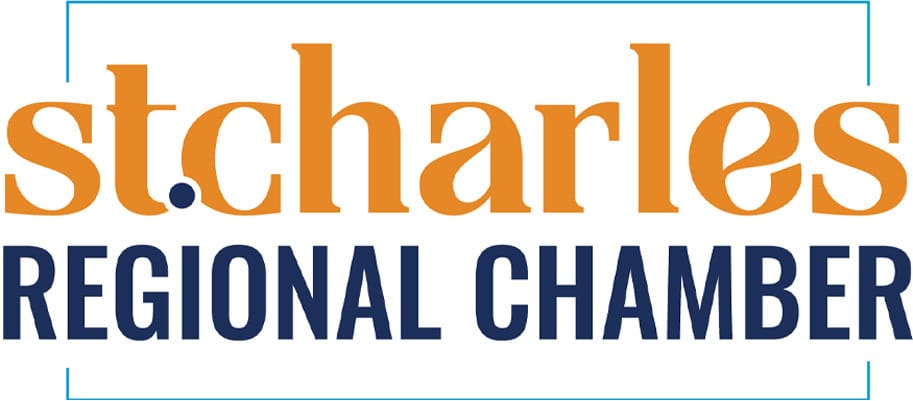Jump to a Specific Section
Taxes 101 for Small Business in St. Louis, Missouri
The most basic thing that all companies must do before they can start working on their taxes, is scratch that… The first thing a company needs to do before they can accurately keep their books is decide which type of business entity to register as.
While this does not stop you from operating your business, knowing what type of business entity you are going to file as will allow you to track revenues and expenses accordingly, which will minimize your tax liability and minimize the income tax preparation fees and the amount of hours you spend laboring over your taxes at the end of the year! So, lets talk types of businesses (or, at least, the most common types of small businesses):
Most small businesses are a type of Flow-Through Entity. These are businesses that operate and the money ‘flows through’ the business into the owner’s accounts (in one fashion or another).
Sometimes this happens literally. For instance, when a photographer, or musician, or babysitter receives revenue and this is their actual, take-home income. Other times this only happens for tax purposes, as in when partners in a partnership or an individual business owner does not take all profits from a company as their take-home income, but rather they leave this money in the company so that the company can continue to grow.
Regardless of the situation, the company is not the entity responsible for the taxes on the profits, the owner(s) of the company will report the profits as income and pay self-employment tax. The following are types of flow-through entities.
What is a sole proprietorship?
A sole proprietorship is a company that is owned and operated by a single individual, this is one of two types of entities that the owner of an LLC can elect to file as.
If you file as a Sole Proprietorship, and you are going to turn a profit this tax year, then quarterly estimated tax payments will help you to avoid late payment penalties and fees.
The biggest benefit of a sole proprietorship is that it allows the owner to operate the company with as little hassle as possible.
The drawback is that, unless incorporated as an LLC filing as a Sole Proprietorship, there is very little personal protection from business and legal liabilities, and it is high on the list of IRS audit targets.
What is an S Corporation?
An S Corp is an entity that is considered to be separate from its owners or shareholders.
This eliminates the business and legal liability risks that the owner of a Sole Prop may take (if the company is not an LLC filing as a Sole Prop). It also means that an owner can be a W-2 employee. An S Corp is the other type of entity that owner(s) with an LLC can choose to file as.
What is an LLC?
An LLC is a type of company set up by state governments, that is not a federal tax entity and does not have its own federal taxation protocol.
This is why the above two entities mentioned that an LLC can elect to file taxes as either type. Before the IRS can determine tax liability, it must first know which type of entity a company is filing as.
The biggest difference between a Sole Prop and an S Corp is that the owner of a Sole Prop cannot be considered a W-2 employee in the company.
Thus, the entire profit of the company (including anything that the owner may have taken home as ‘wages’) is subject to self-employment tax as well as the commensurate income tax for the owner’s tax bracket. The owner of an S Corp can be a W-2 employee, which means that his or her wages are an expense for the company, which lowers the net profit, providing less taxable income for the company.
The W-2 wages are taxed at individual tax rates, and the employer portion of the employment taxes comes out of the profits of the company.
However, since an S-Corp is considered a separate entity from its shareholders and officers, the net profits reported on K-1 form, which can be taken as a distribution by the owners and are exempt and not subject to self-employment tax; providing a considerable tax saving for many St. Louis small business owners.
What is a partnership?
A partnership company that is based on a relationship between its owners.
In a partnership, each owner contributes something of value to the company. This can operate in much the same way as a Sole Prop, with the main distinction being that has multiple owners, not just one.
As in the Sole Prop, partners should make estimated quarterly tax payments, if they think they will turn a profit.
Additionally, partners cannot be W-2 employees in the company, so they pay self-employment taxes on their portion of the profits. One way to shield a partner from incurring too much tax liability is to make that person a limited partner.
In cases such as these, that partner is only taxed on the guaranteed payments. However, each Partnership must have at least one general partner, or partner who is responsible for paying taxes on the profits.
Speak with a small business tax accountant in St. Louis
Volpe’s team of St. Louis tax accountants specialize in helping small businesses understand their Missouri taxes and organize their finances. We offer full-service accounting solutions for things like bookkeeping, payroll, Quickbooks Online management, and more. If you are a new business, we would be happy to help you determine the best type of company for your business and get your Missouri taxes set up on the right foot.
Additional small business tax resources:
https://www.irs.gov/businesses/small-businesses-self-employed/business-structures
https://www.irs.gov/uac/choosing-a-business-structure
https://www.sba.gov/starting-business/choose-your-business-structure/partnership


